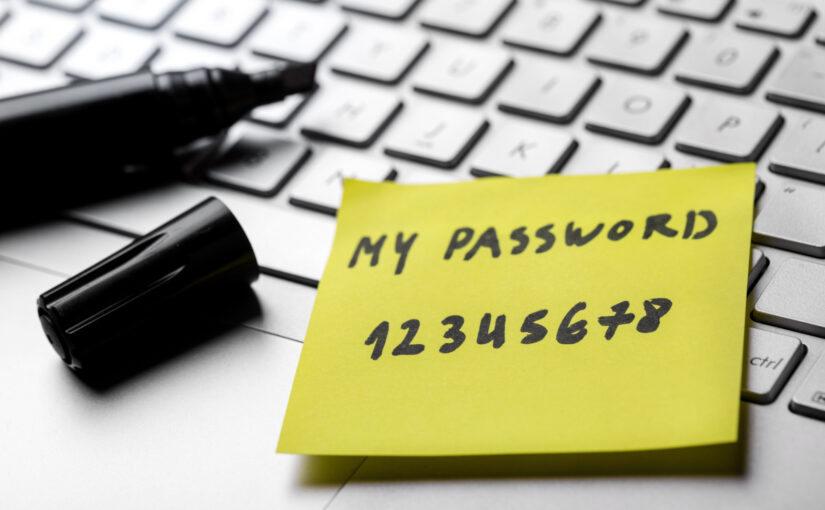After the pandemic, for most people, the home office is no longer just a makeshift corner in the house—it’s a vital workspace where productivity meets comfort. Whether you’re working remotely, managing your business, or tackling personal projects, an optimized home office is essential for staying efficient and organized. And while physical organization is crucial, digital tools like iStratus can take your home office setup to the next level.
In this blog, you’ll discover practical tips for transforming your home office into a productivity powerhouse using digital tools like iStratus. From managing tasks and schedules to organizing files securely, this guide has everything you need to streamline your workspace and maximize efficiency.
Declutter Your Desk: Start with Digital Organization
The Problem with Paper Clutter
Stacks of paper, misplaced sticky notes, and scattered documents can derail your focus and sap your productivity. A cluttered desk often leads to a cluttered mind, making it harder to prioritize tasks and meet deadlines.
Digital Tools to the Rescue
Apps like iStratus provide a comprehensive solution to paper clutter. By digitizing your notes, documents, and schedules, you can say goodbye to physical chaos. Features like secure file storage and task management ensure that all your essential information is organized and easily accessible.
Streamline Your Workflow: Task Management Made Easy
Centralize Your To-Do List
With so many tasks competing for your attention, it’s easy to feel overwhelmed. iStratus offers a task management system that helps you centralize your to-do list. Categorize tasks by project or priority, and set deadlines to keep everything on track.
Set Reminders and Notifications
Never miss a deadline again! Use iStratus to set reminders for important tasks and meetings. Notifications ensure you’re always one step ahead, even when juggling multiple responsibilities.
Optimize Your Schedule: Integrate Calendars for Seamless Planning
The Power of a Unified Calendar
Managing multiple calendars—one for work, one for personal commitments—can get messy fast. iStratus lets you integrate your work and personal schedules into one unified calendar. This way, you’ll never double-book yourself or forget an important meeting.
Time Blocking for Maximum Efficiency
Take advantage of time-blocking features to allocate dedicated time slots for focused work, breaks, and personal activities. By visually organizing your day, you’ll improve time management and maintain a healthy work-life balance.
Eliminate the Paper Chase: Secure File Storage and Sharing
A Home Office Without Filing Cabinets
Bulky filing cabinets are a thing of the past. With iStratus’s secure file storage, you can organize and store all your important documents digitally. Need to access an old contract or receipt? A quick search in the app pulls it up in seconds.
Encrypted File Sharing
Collaborating with colleagues or sharing sensitive documents? iStratus offers encrypted file sharing, ensuring your information remains secure and protected from unauthorized access.
Create a Focused Environment: Minimize Distractions
Digital Overload is Real
From constant notifications to scattered apps, digital distractions can be as disruptive as physical clutter. Streamlining your digital workspace is key to minimizing interruptions.
Consolidate with iStratus
Instead of hopping between multiple apps, use iStratus to consolidate your tasks, files, and schedules in one place. A single platform reduces digital noise and helps you maintain focus on what truly matters.
Work Smarter: Harness Advanced Features
Customizable Templates
Save time by using customizable templates for recurring tasks and projects. Whether it’s a daily checklist or a project plan, iStratus allows you to create templates that suit your specific needs.
Data Insights
Use iStratus’s data tracking and reporting features to analyze your productivity trends. Identify areas where you’re excelling and where you might need to improve, ensuring continuous growth.
The Home Office You Deserve: Start with iStratus
Your home office should be a space that inspires focus, creativity, and efficiency. By leveraging digital tools like iStratus, you can declutter, streamline, and optimize your workspace for better productivity.
Ready to take your home office to the next level? Start using iStratus today and experience the difference a well-organized digital workspace can make.





